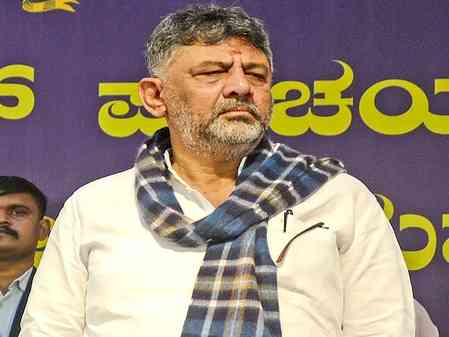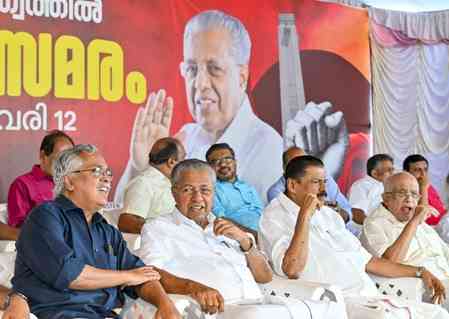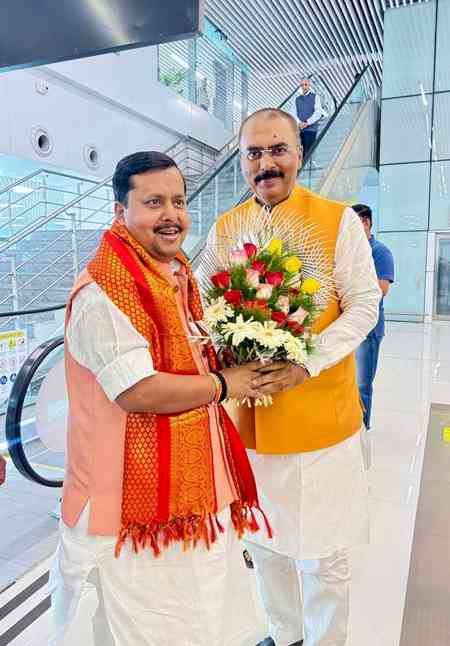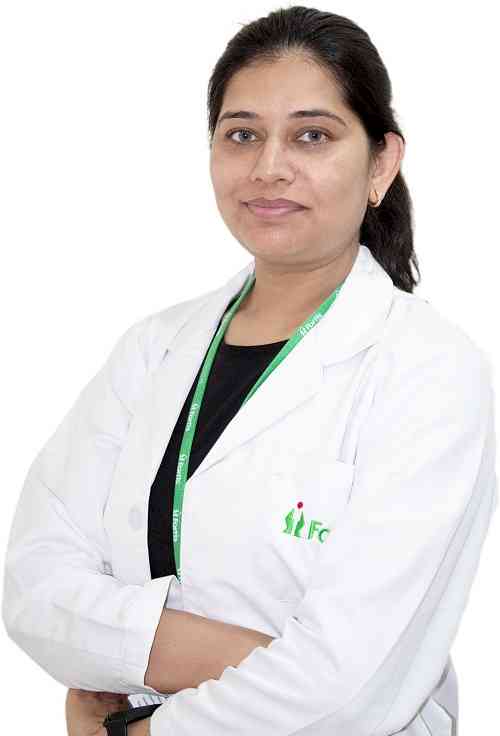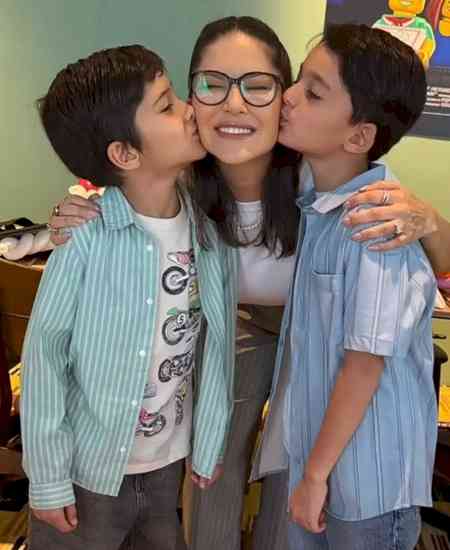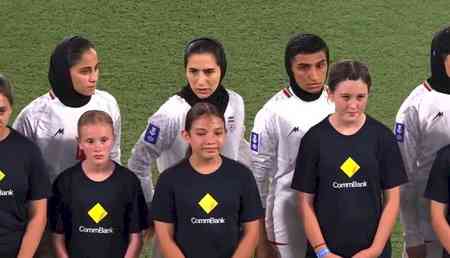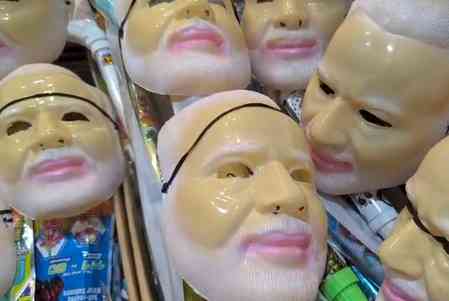KEEPING EQUIDS HEALTHY: BROOKE INDIA PROVIDES VETERINARY SERVICES DURING THE COVID 19 LOCKDOWN
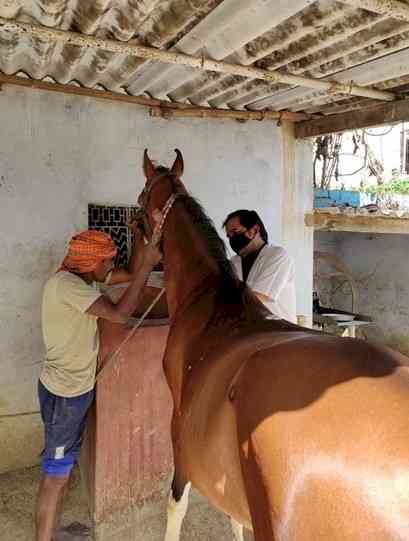
by Sharat K. Verma/ Ludhiana
India announced a nationwide lockdown on March 24, 2020 following the increase in COVID 19 cases in the country. Just before announcing it, the central government released an exhaustive list of essential items and services, which included veterinary services. The Ministry of Fisheries, Animal Husbandry and Dairying, Government of India also wrote a letter to State Govt. Chief Secretaries that veterinary hospitals and dispensaries in the states, including private veterinary clinics, veterinary pathologies, animal shelters, etc. should function in the normal course . Elaborating on veterinary services, the letter mentioned “These may include but are not restricted to, emergency services like disease diagnosis and treatment, monitoring of any emergency livestock and poultry diseases, immediate disease reporting, etc.” Strict instructions were also issued for veterinary staff to ensure that they adhered to personal safety and hygiene. The Animal Welfare Board of India also issued an advisory to the state governments and law enforcement agencies to ensure that animals and birds do not suffer due to hunger during the lockdown.
Brooke India (BI), an International NGO dedicated to the service of the working equine and the socially backward and marginalised equine owning community immediately responded to this critical situation. BI reached out to various Central, State and Local Administrative bodies and offered its services during the lockdown. The communication was sent to the State Animal Husbandry Departments (AHD), National Disaster Management Authority (NDMA), State Disaster Management Authorities (SDMA), District Magistrates, NITI Aayog and the All India Brick and Tile Manufacturing Federation. It conveyed BI’s availability of skilled veterinary staff and its reach in ten states.
District Magistrates (DMs)/Sub District Magistrates (SDMs)/ Chief Veterinary Officers (CVOs) were responsible for the issue special passes to the personnel engaged in essential services. BI’s field staff along with our Partner NGOs approached these authorities in their respective operational areas for issuance of COVID19 passes to perform emergency veterinary treatment as per government instructions. BI’s prior networking with the State Animal Husbandry department and its CVOs worked in our favour. The CVOs having seen the work done by BI in their areas of jurisdiction did not hesitate to issue the required special COVID19 passes, which have permitted BI veterinary staff to join the Government Veterinary Officers (GVOs) and their Para Veterinary staff in providing health care and emergency treatment to equines and other animals
The special COVID19 passes were initially obtained by staff of BI’s 10 PEWU units, namely Ghazipur, Lakhimpur, Pilibhit, Kausambhi, Udham Singh Nagar, Vadodara, Bahraich, Pratapgarh, Ballia & Beed. These passes enabled smooth movement of our field staff, as a result, they were able to handle cases of severe colic, abortion, eye injury and other emergency conditions. Similarly, BI trained Animal Health Providers linked with our Community-Based Organisations were also issued special passes in Agra, Saharanpur, Shamli, Muzaffarnagar, & Kausambhi for providing first aid. Till date, BI and Partner PEWUs have treated more than 250 emergency cases. Colic, lameness and wound were found to be the most commonly reported cases.
BI is now not only treating the emergency cases, its vehicles are being used by GVOs and other Govt. Para Veterinary staff to treat suffering animals, in the absence of other modes of transport available during lockdown conditions. The vehicle passes have proven to be a boon and are serving as a medium of “Distress Call Response” for the poorest of our beneficiaries.
Colic cases are rising due to change in feed and dehydration. BI, taking note of this situation, started sending SMSs to equine owners and Local Health Providers (LHPs) on requirement of adequate water and feed for their equines to prevent Colic. Each day over 6000 SMSs are sent. BI’s Vet Staff are also providing tele-medicine consultation via video and voice calls to equines owners and assisting them in using First Aid Kits (FAKs) to give immediate relief to ailing equines. The FAKs have proved to be a boon for the equine in these special circumstances, Since BI teams have started visiting the sites and addressing emergency treatments, these visits have given the community a sense of renewed confidence. A number of equine owners have expressed their gratitude towards BI staff for remembering them during these tough times.
BI staff have also used this opportunity to survey the area and gather information of the requirement of emergency rations and any other assistance required by the by poor and distressed villagers. This information is then conveyed to the local administration who then arrange to resolve the issue by arranging issue of rations and assistance either through Govt. sources or through the resources available with partner NGOs.



 cityairnews
cityairnews 
